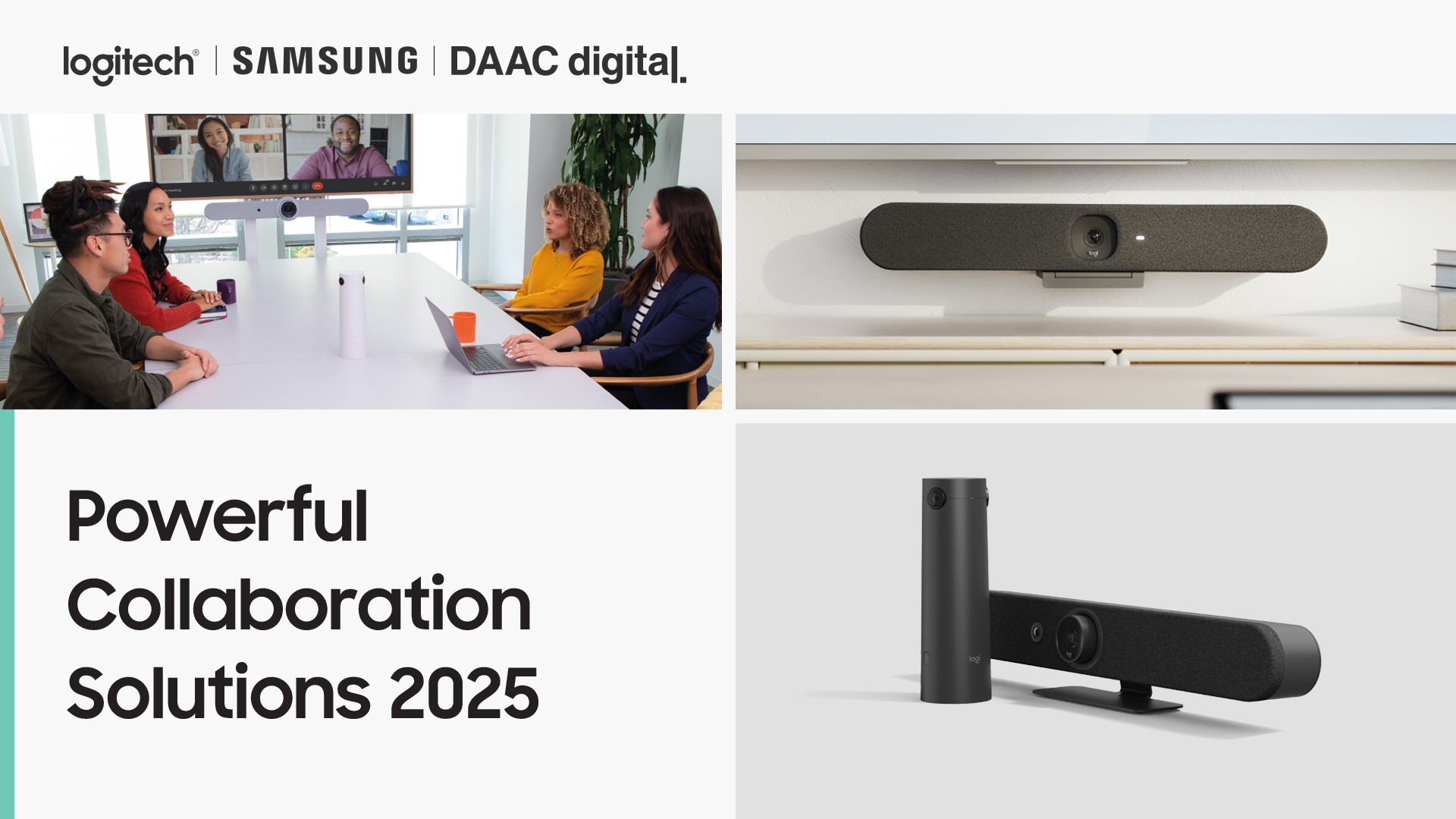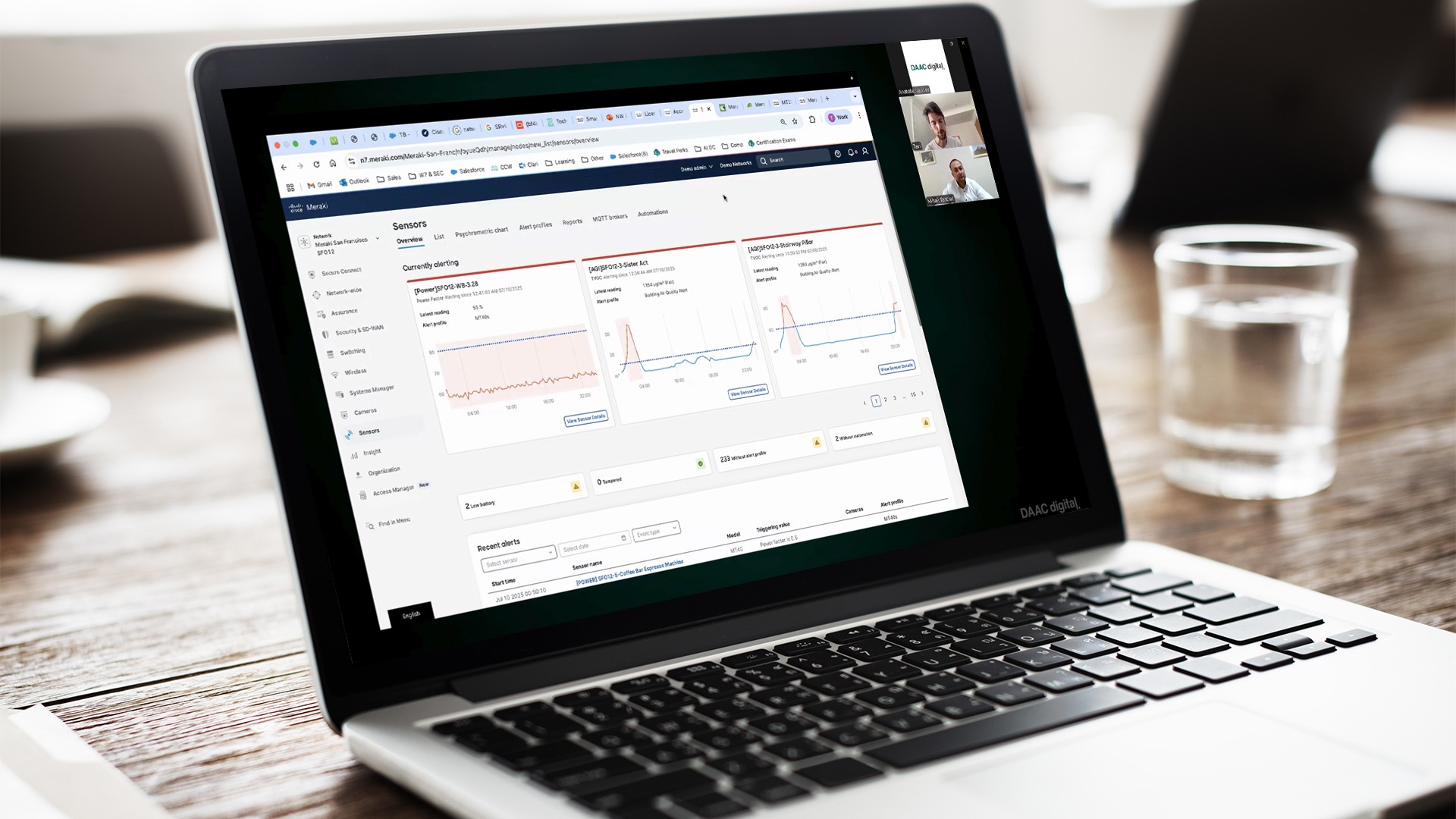Interview with Vitalie Mocanu, Head of Software Development at DAAC digital, and Alexey Shulenkov, Cyber Security Consultant at DAAC digital
Vitalie, Alexey, good afternoon. I think we should define the topic of today’s interview. It’s about the AI and Big Data conference being held this week in Moldova. Is this your first time participating in such a conference in Moldova?
Vitalie: Yes. Our company is represented by Alexey, who will speak on the topic: “AI: A New Era of Business Efficiency.” Additionally, we invited our partners from Romania and Ukraine to the conference. Dan Mazila from Mediatel Romania is participating in a panel discussion on the delivery of governmental services using artificial intelligence. Adrian Mîndreanu will present on AI applications in retail and e-commerce, and Evgheni Bova from Creatio will talk about building business processes on AI platforms without involving developers (no-code systems).
Alexey, what will your presentation cover?
Alexey: My presentation is about the fact that AI has reached such a level of proliferation that ignoring it is no longer an option. For entrepreneurs, executives of public and private organizations, and even specialists – not using AI in daily operations increasingly means falling behind competitors.
Do you believe AI will replace human jobs?
Alexey: Not only these. Certainly, when dealing with processing large volumes of information (Big Data), AI is excellent at identifying patterns and can handle complex, extensive datasets more effectively than humans, consolidating everything into coherent insights. Humans can’t compete with AI here. However, when it comes to creative aspects or genuine creativity, AI still cannot replace humans entirely.
AI occupies its own niche in the labor market. For instance, one of the leading cybersecurity vendors is extensively implementing artificial intelligence for threat protection and prevention.
Preventing a botnet attack before it harms a company is now much easier with correctly selected solutions, without compromising service availability. Such tasks simply exceed human capabilities.
This is just one example.
Moreover, there is another crucial factor that will sustain the necessity of human collaboration with artificial intelligence for a long time.
What is that?
Alexey: The issue of responsibility. This is another reason why AI isn’t a replacement but rather a human assistant. We can’t shift responsibility for mistakes and inaccuracies onto artificial intelligence. Responsibility remains exclusively human. It’s also important to mention the risks associated with widespread AI adoption. For instance, Data Poisoning, where training data is deliberately manipulated to influence AI behavior, leads to biased or hazardous outcomes. Malicious data can influence the model’s decisions during training, endangering its integrity and reliability.
Your specialization in cybersecurity clearly shows. By the way, we always talk about AI as a third-party product. Does DAAC digital develop its own AI-based products?
Vitalie: First, about “third-party” products. We implement many projects as an integrator. Recently, our partners have increasingly embedded AI modules into their existing products. These modules tackle specific, practical business tasks, significantly differing from the familiar interaction most people have with generative AI.
Our goal is to expand our customer base, including interest in AI-based products. Most clients seek solutions to digitize their processes efficiently and cost-effectively. AI comes in handy here. Solutions like CRM and ERP should assist users through AI but not replace them, as Alexey mentioned. Our partners already know how to integrate the necessary amount of AI into their products.
You mentioned “first,” so I insist: is DAAC digital developing its own AI-based products?
Vitalie: It embodies the current trend of creating specialized AI assistants. We integrated Doctrina with ChatGPT to continuously train our company’s specialists. Standards and knowledge constitute the most valuable intangible assets of a company, and improving standards and gaining new knowledge are essential tools for business growth.
Doctrina is a digital platform supporting continuous development.
Vitalie: Yes. We created our own AI-based product called Doctrina.
Doctrina?
Vitalie: It’s a digital platform for corporate knowledge management, developed last year.
How is the platform connected to artificial intelligence?
Vitalie: It embodies the current trend of creating specialized AI assistants. We integrated Doctrina with ChatGPT to continuously train our company’s specialists. Standards and knowledge constitute the most valuable intangible assets of a company, and improving standards and gaining new knowledge are essential tools for business growth. Doctrina is a digital platform supporting continuous development.
What tasks does Doctrina solve?
Vitalie: It addresses multiple tasks: digitizing and transferring knowledge, creating a corporate standards library. The main advantage is that information doesn’t remain static. AI analyzes documentation, generates questions and tests for employees. After studying a new procedure or instruction, an employee completes a test to assess comprehension. Thus, management can clearly evaluate employee readiness for incentives (bonuses) and determine access rights to tasks requiring high responsibility, where mistakes are unacceptable. Additionally, Doctrina identifies key training areas, facilitating efficient knowledge acquisition.
Do you sell Doctrina as SaaS or as an autonomous solution?
Vitalie: SaaS, despite being affordable, has significant restrictions for certain projects. Our subsidiary operates in Uzbekistan, including with public institutions. Data from government institutions can’t leave the country’s perimeter, thus requiring an autonomous solution. The same applies to banks in Uzbekistan and Moldova, or any other highly regulated organizations. Hence, products hosted on clients’ servers with complete data control will remain in demand for a long time. Sometimes, this increases project costs, but it’s an objective reality we must acknowledge.
Are these topics discussed at the AI and Big Data conference?
Alexey: Not only these. The conference will offer many new insights. We believe we became partners for good reasons and intend to continue this tradition.
Vitalie: Conferences and forums are essential for accelerating growth. Last year, I attended a similar conference in Paris, discovering solutions that just a few years ago would have seemed incredible: full-size transparent screens displaying generated virtual consultants who interactively answer your questions about store locations and product availability. Inside stores, similar consultants synchronized with databases provide information instantly, in any language, about any product, inform you about availability, and help you quickly select, for example, compatible wardrobe items.
I believe that by 2030, the landscape of business, public administration, and everyday life will change beyond recognition due to the widespread adoption of artificial intelligence.
Vitalie: We share the same opinion. That’s why DAAC digital participates in AI conferences and develops its own AI-based products. This isn’t a future trend—it’s today’s reality.
Pavel Zingan
Source: pavelzingan.md











